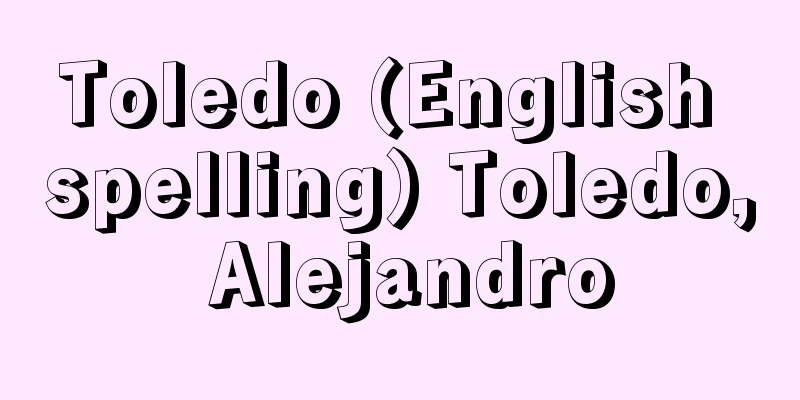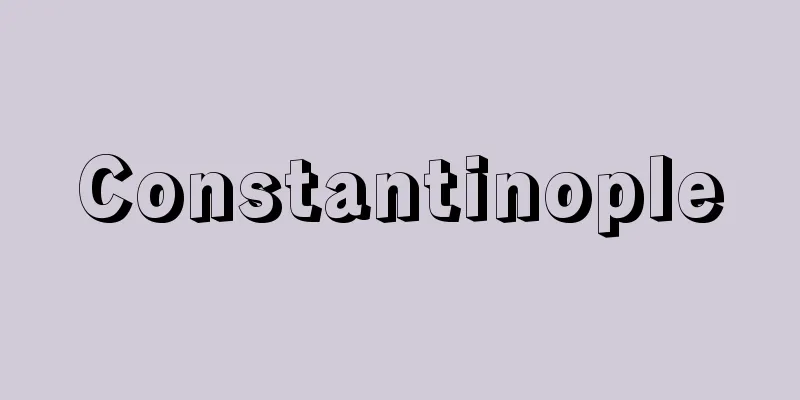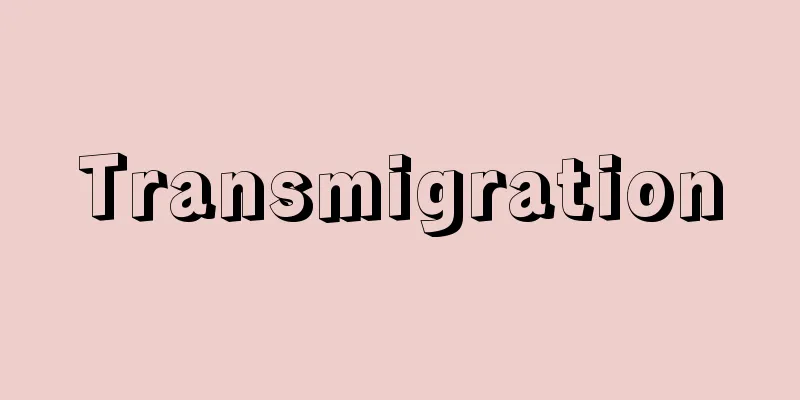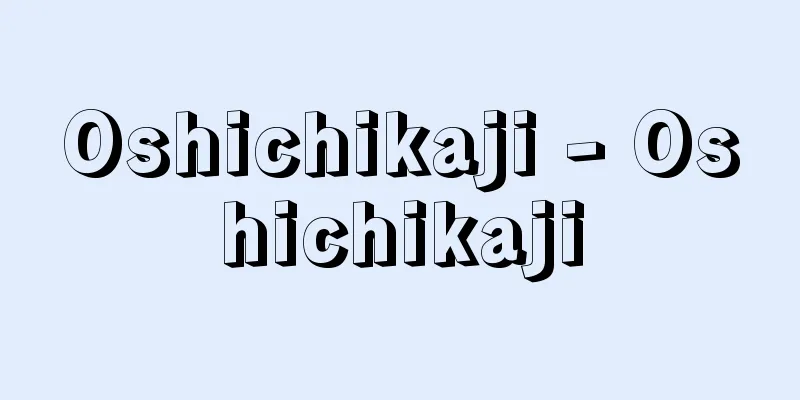Toledo (English spelling) Toledo, Alejandro

Born March 28, 1946. Cabana, Peruvian politician and economist. President (in office 2001-06). Full name Alejandro Celestino Toledo Manrique. Peru's first indigenous elected president. He was affectionately known to his supporters as "El Choro" (the Indian). Born the son of a poor Quechua farmer, he spent his childhood shining shoes in Chimbote, on the northern coast. He received a scholarship to study in the United States and graduated from the University of San Francisco in 1970. He received a master's degree in human resource economics in 1971 and economics in 1972 from Stanford University. He worked as an international economist at the United Nations from 1976-1978 and 1989, and at the World Bank from 1979-1981. He returned to Peru in 1981 and became a social policy advisor to Labor Minister Alfonso Grados. After receiving his PhD in human resource economics from Stanford University in 1993, he became a visiting scholar at the Harvard Institute for International Development. In 1998, he became Dean of the Department of International Affairs at the Peruvian School of Management (ESAN) in Lima. He ran for the first time in the 1995 presidential election as a member of the centrist Peru Posibre Party, but received only 3% of the vote and was defeated by Alberto Fujimori. In the 2001 presidential election, he won the runoff election in June and was inaugurated as president in July of the same year. In his inaugural speech, he called for job creation through the promotion of tourism, and the eradication of corruption, drug smuggling, and human rights violations, promising to "be the president of all Peruvians and all races." During his term, the Peruvian economy grew and inflation was almost eliminated, but the unemployment rate only improved slightly. Toledo |
|
[生]1946.3.28. カバナ ペルーの政治家,経済学者。大統領(在任 2001~06)。フルネーム Alejandro Celestino Toledo Manrique。選挙で選ばれたペルー初の先住民系の大統領。支持者には「エル・チョロ」(インディオの意)の愛称で親しまれた。ケチュア族の貧農の息子として生まれ,北部沿岸のチンボテで靴磨きをして少年時代を過ごした。奨学金を得てアメリカ合衆国に留学し,1970年にサンフランシスコ大学を卒業。スタンフォード大学で 1971年に人的資源経済学,1972年に経済学の修士号を取得後,1976~78年と 1989年に国際連合および 1979~81年には世界銀行で国際エコノミストを務める。1981年に帰国,アルフォンソ・グラドス労働大臣の社会政策顧問に就任した。1993年スタンフォード大学で人的資源経済学の博士号を取得後,ハーバード大学国際開発研究所の客員研究員となる。1998年,リマのペルー経営大学院 ESANで国際問題学部長に就任。1995年の大統領選挙に中道派ペルー・ポシブレ党から初めて立候補,得票率はわずか 3%にとどまり,アルベルト・フジモリに敗北を喫した。2001年の大統領選挙では 6月の決選投票で勝利,同 2001年7月,大統領に就任した。就任演説で,観光業振興を通じた雇用創出,汚職や麻薬密輸,人権侵害の撲滅を訴え「全ペルー国民および全人種の大統領となる」ことを約束した。在任中にペルー経済は成長しインフレーションはほぼ解消したが,失業率改善はわずかにとどまった。 トレド
|
Recommend
Ten Commandments - Jikkinsho
A collection of moral tales from the mid-Kamakura...
Kanjin - Kanjin
...A general term for people who make a living by...
Calypso
…Although he was born in New York, he spent about...
Ariwara no Yukihira
A poet of the early Heian period. Son of Prince A...
Cabinet Secretariat - Kanbou
In terms of administrative organization, it is a ...
Kanto Three Provinces
…Another name is Guan Zuo. The area east of Shanh...
Local currency - Jiguchisen
This was a temporary tax imposed by the Muromachi...
Anisakiasis - Anisakiasis
What kind of infection is it? Anisakiasis is also...
New Year's Day Book - Saitancho
〘 noun 〙 A book printed with New Year's greeti...
Electric prevention for corrosion
This refers to passing electricity through metal ...
Master Gachirin
⇒ Shunjo Source: Kodansha Digital Japanese Name Di...
Kamiagata [town] - Kamiagata
An old town in the northwest of Tsushima, Kamiagat...
Mu
…The continent Mu, which is said to have existed ...
Philanthropy
…He studied theology in Jena. After working as a ...
Kurzeme
…It is located 223 km west of the capital Riga. T...









